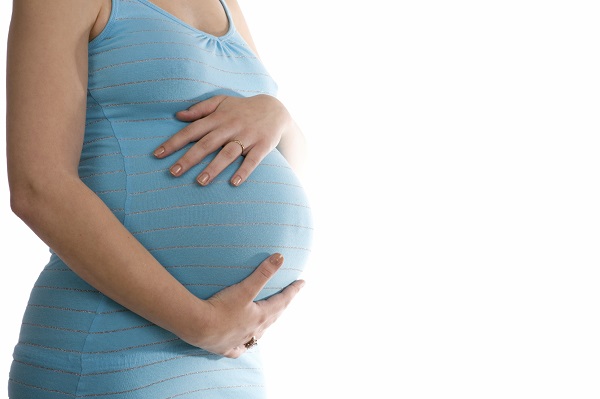Researchers analyzing 17 years of comprehensive Medicaid claims data have discovered that women whose first pregnancy ends in abortion are likely to have more pregnancies, more abortions, and more miscarriages than women whose first pregnancy ends in a live birth.
In a recent CBS News interview, former Planned Parenthood president Cecile Richards promoted abortion as a benefit to women in pursuing goals, such as “when they want to have their children, does it help them finish education, (or) pursue a career.” Congressman Donald Norcross (D-NJ) wrote earlier this year that women who had abortions “often went on to have a child by choice when they were more financially secure, therefore improving outcomes for the mother and the child.”
Yet according to new, first-of-its-kind research from Charlotte Lozier Institute (CLI), women whose first pregnancy ends in abortion had on average:
- 53% more miscarriages than women whose first pregnancy resulted in a live birth
- 35% more pregnancies over their reproductive lifetime
- More than four times as many abortions
- Only half the number of live births
Dr. James Studnicki, CLI vice president of data analytics and lead author of the new peer-reviewed study, explains:
“This real-world data on women within the Medicaid system casts serious doubt on the idea that abortion is helpful in building a healthy family or achieving the American Dream, as suggested recently by a Member of Congress. A first pregnancy abortion leads to more pregnancies that result in more abortions and more miscarriages but fewer children.
“Abortion proponents want Americans to believe that abortion empowers women. That optimistically misplaced narrative is simply not supported by the actual reproductive experiences of real women.
“The increased likelihood of multiple abortions should be alarming to public health officials knowing that several other peer-reviewed studies have found women who experience multiple abortions are at greater risk of future pregnancy complications, mental health disorders, and even death. This means that a first pregnancy abortion puts women at increased risk for a cascade of lifetime adverse events.”
Click Like if you are pro-life to like the LifeNews Facebook page!
Separate peer-reviewed research finds that women exposed to multiple induced abortions are at increased risk of:
- Extremely preterm (premature) birth in future pregnancies, based on an analysis of more than 400,000 pregnancies in Finland
- Low birth weight in future pregnancies, based on a review of 37 studies
- Poor mental health, based on an analysis of data from the “National Longitudinal Study of Adolescent to Adult Health” finding that each abortion increased the risk of mental health problems by 23%
- Premature death, based on an analysis of the pregnancy and mortality records of more than one million women finding that the risk of death increased with each successive abortion
Tessa Longbons, CLI’s senior research associate and a co-author of the new peer-reviewed study, said:
“A woman’s first pregnancy shapes the course of her life. That’s my key takeaway from 17 years of data. While pro-abortion politicians attack pro-life pregnancy centers, the reality is that the compassionate counseling offered by these community-based organizations is exactly what a woman needs to preserve her long-term physical, mental, and reproductive health.”
Recently published in the peer-reviewed journal Health Services Research and Managerial Epidemiology, Charlotte Lozier Institute’s new study was the first to utilize 17 years of anonymized Medicaid claims data to identify each woman’s first pregnancy outcome – birth, abortion, or natural loss – and then trace the outcomes of every subsequent pregnancy. No published research to date has addressed the association of a first pregnancy outcome with each and every subsequent pregnancy outcome.
Medicaid claims data from the 17 states which use state taxpayer funds to pay for abortion represents the largest, most comprehensive, and most reliable dataset on confirmed pregnancy outcomes in the United States. Most other U.S. studies of abortion outcomes and complications rely on voluntary surveys, small sample sizes, and weak reporting requirements which exclude non-fatal complications.
For this study, CLI researchers Dr. James Studnicki, Tessa Longbons, Dr. David Reardon, Dr. John Fisher, Dr. Donna Harrison, Dr. Ingrid Skop, Dr. Chris Cirucci, Christopher Craver, Dr. Maka Tsulukidze, and Dr. Zbigniew Ras analyzed the anonymized data of 5,453 continuously eligible Medicaid beneficiaries between 1999 and 2015 (the most recent data available). Women aged 16 in 1999 were organized into three cohorts based on their first pregnancy outcome: birth, induced abortion, or natural loss.
Click here to read CLI’s full study, “The Enduring Association of a First Pregnancy Abortion with Subsequent Pregnancy Outcomes: A Longitudinal Cohort Study” in Health Services Research and Managerial Epidemiology.








